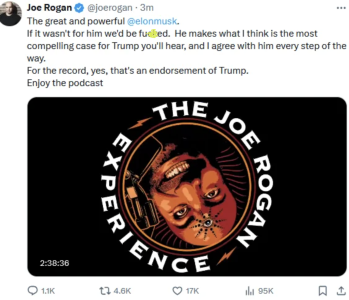Rather than slowly amplifying expressions of disquiet, Team Biden should make a course correction — starting with exercising the very real diplomatic and military leverage at its disposal to move Israel in the direction of U.S. interests, rather than vice versa.
The first and most critical shift required is for the administration to embrace the need for a full cease-fire now. That demand cannot be one of rhetoric alone. The administration should condition the transfer of further military supplies on Israel ending the war and stopping the collective punishment of the Palestinian civilian population, and should create oversight mechanisms for the use of American weaponry that is already at Israel’s disposal. Ending Israel’s Gaza operation is also the surest way to avoid a regional war and the key to concluding negotiations for the release of hostages.
Washington can also leverage the deliberations underway at the International Court of Justice, where South Africa
has accused Israel of being in violation of its obligations as a signatory to the 1948 international genocide convention. Israel is
demonstrably nervous about the proceedings and understands that an International Court of Justice ruling has heft; indeed, South Africa may have already done more to change the course of events than three months of American hand-wringing. The Biden administration does not need to support the South African claims, but it can and should commit to being guided by any findings of the court.
Finally, the United States should desist from making endless ritual incantations about a future two-state outcome, which are all too easily brushed off by Mr. Netanyahu. It should take at face value his government’s categorical rejection of Palestinian statehood and its written
coalition guidelines that assert “the Jewish people have an exclusive and inalienable right to all parts of the Land of Israel.” Washington should instead challenge Israel to set out a proposal for how all those living under its control will be guaranteed equality, enfranchisement and other civil rights.
Doing so could have the added benefit of challenging Mr. Netanyahu’s position. Although he appears to have consolidated his political base for now, his governing majority would be lost with just a handful of defections. Only around 15 percent of Israelis want Mr. Netanyahu to remain in power after this war ends, according to recent
polls, and street protests could reignite at any moment.
For a combination of ideological, military and personal political reasons, Mr. Netanyahu probably doesn’t want this war to end. And while his demise is not a panacea for progress — nor can it be an explicit U.S. goal — it is nevertheless a prerequisite for creating the conditions under which Palestinian rights can be advanced. The United States can and should distance itself from the Gaza debacle and the extremism of Israel’s leaders.
they just wanna get drunk and be obnoxious and hassle you for drugs.






































